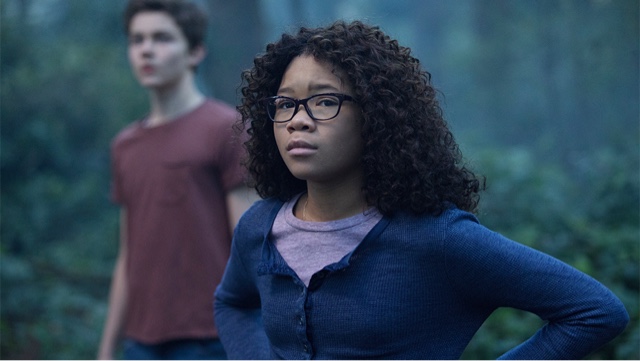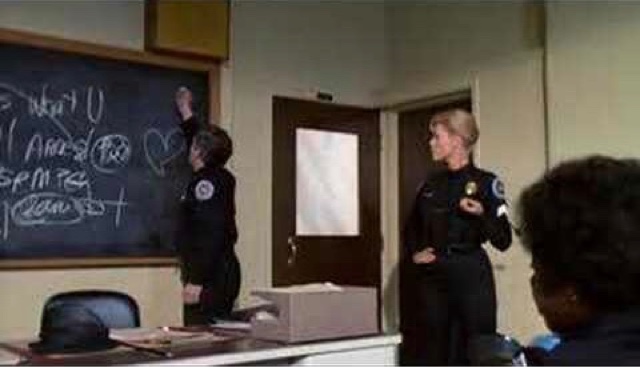like watching sir lancelot jousting sir turquine

I made the mistake--and, in this case, it was a mistake [it made hating this thing even easier]--of reading Roger Ebert's review of The Natural before I pressed play on the film tonight. I remember this film as a weird sort of film noir that somehow involves a baseball player. And, it opens now with Robert Redford (who we will find out later is playing a character called Roy Hobbs) waiting for and then getting on a train, not useful dialogue, not characterization effort, just Redford. CUT TO: flashback montage, Roy as a boy learns to play baseball while his father says some lines that someone thought were philosophical when they wrote them... A storm. Montage of sports pennants in the flash of the lightning. Then the tree out back gets struck, Roy carves a bat out of its trunk and I get something Roger says. Roger explains: As for the baseball, the movie isn't even subtle. When a team is losing, it makes Little League errors. When it's winning, the hits are so accurat










